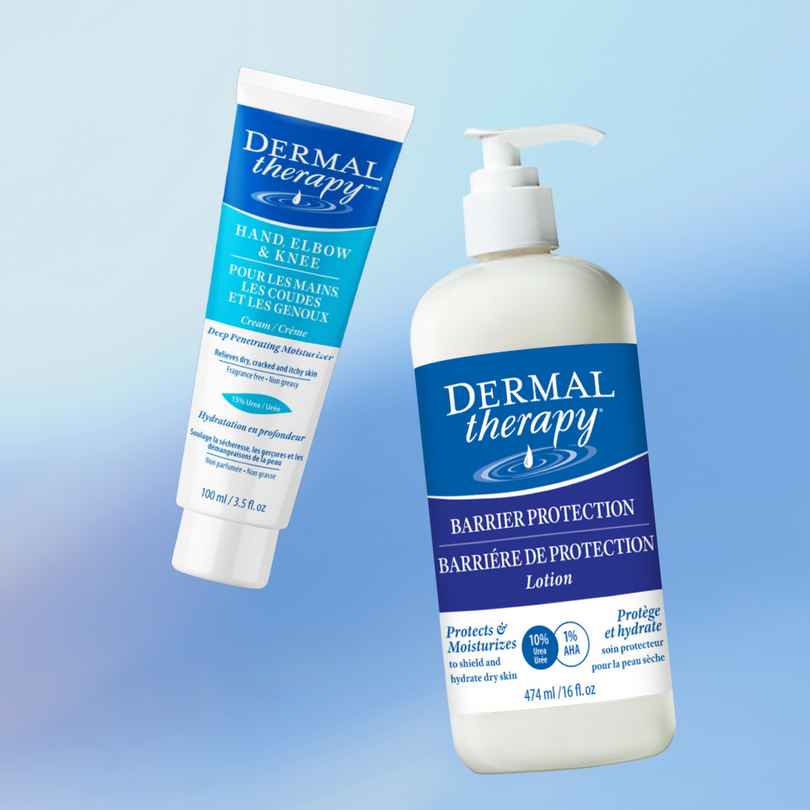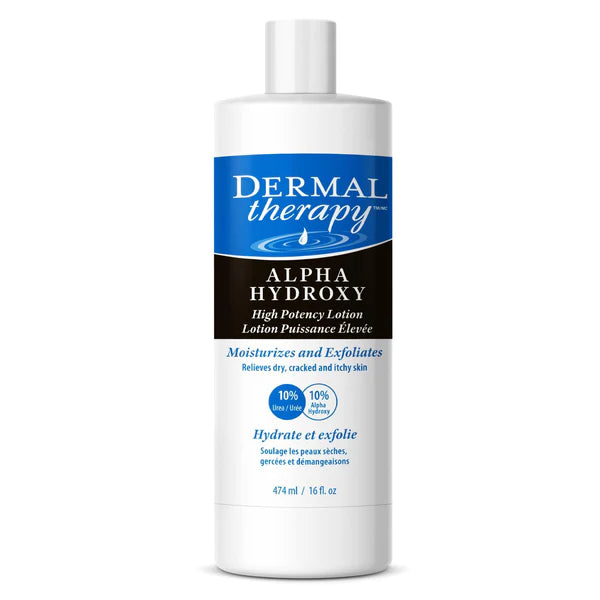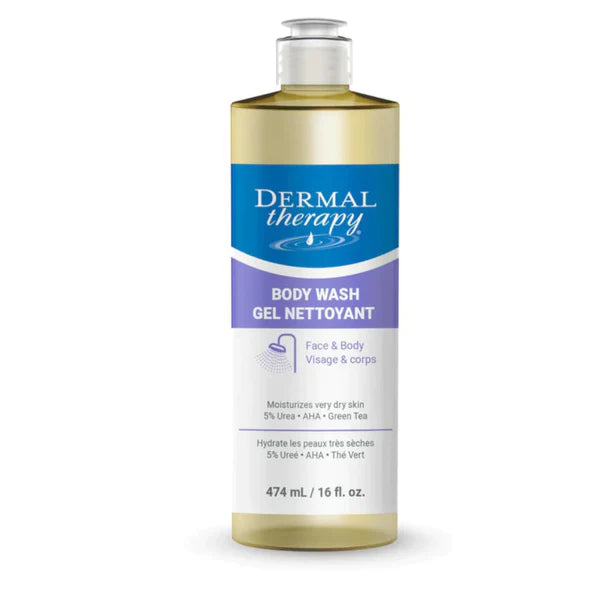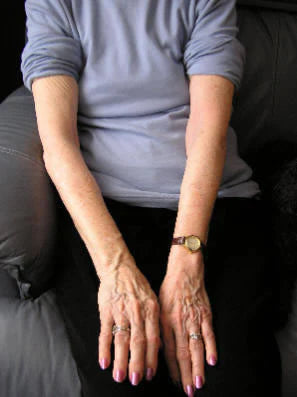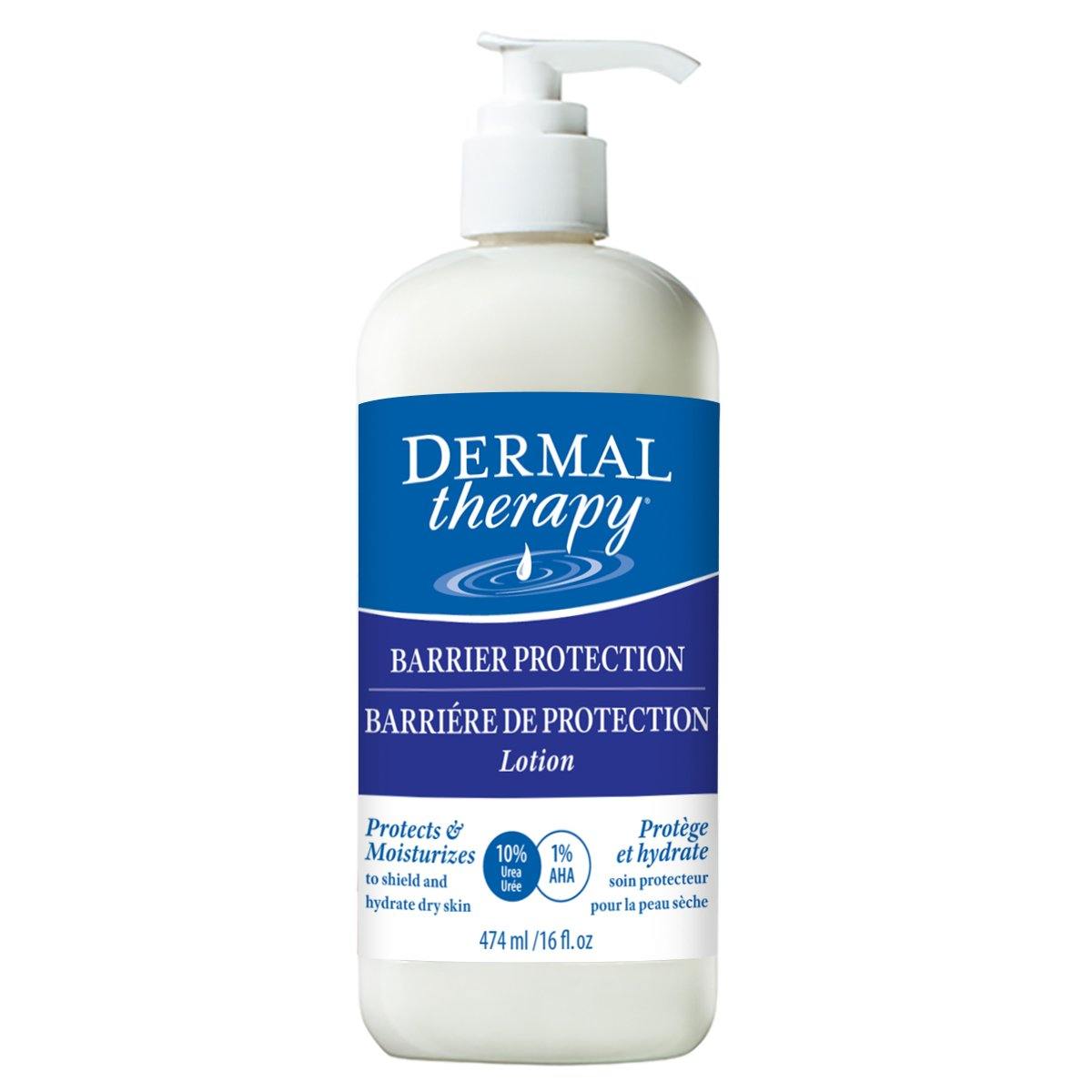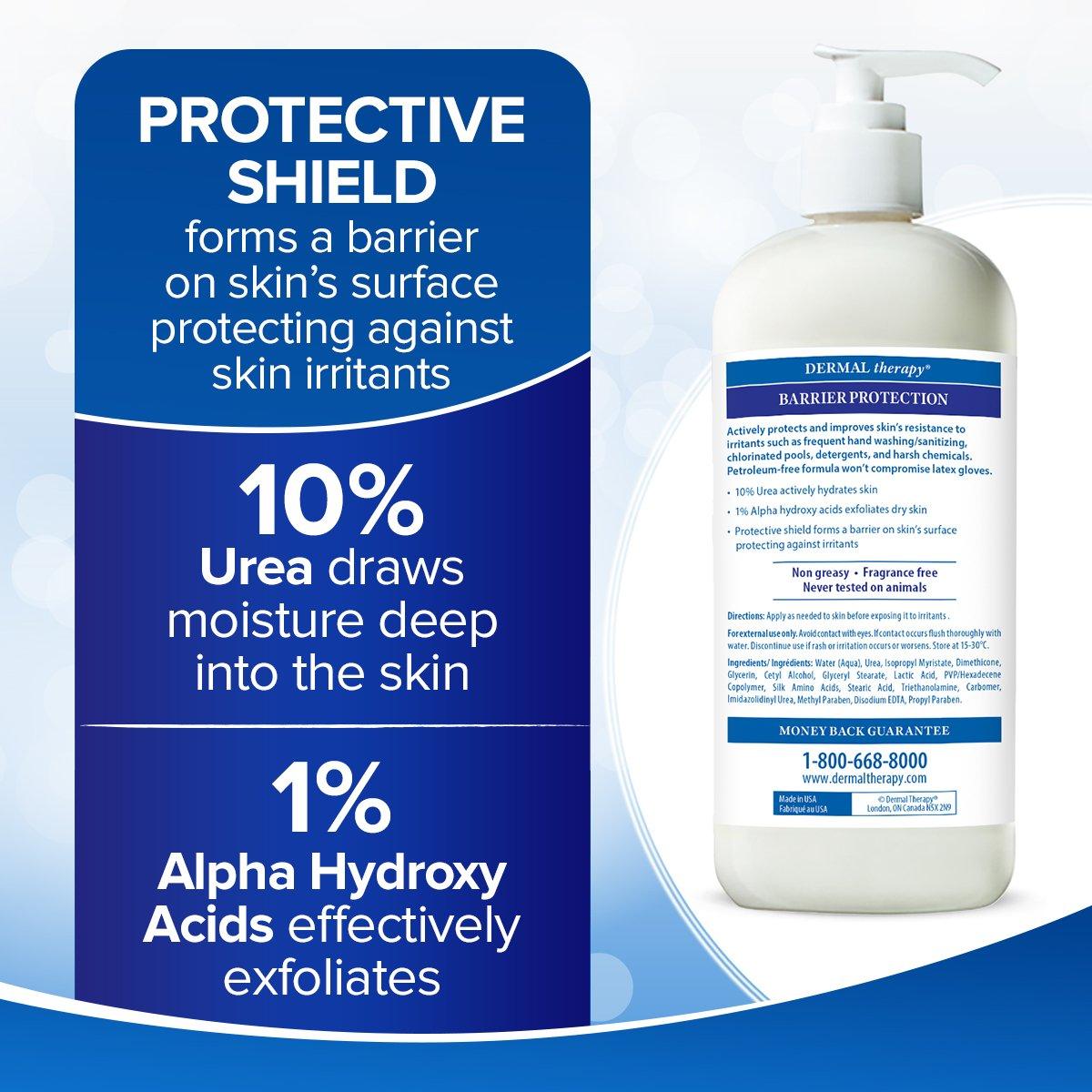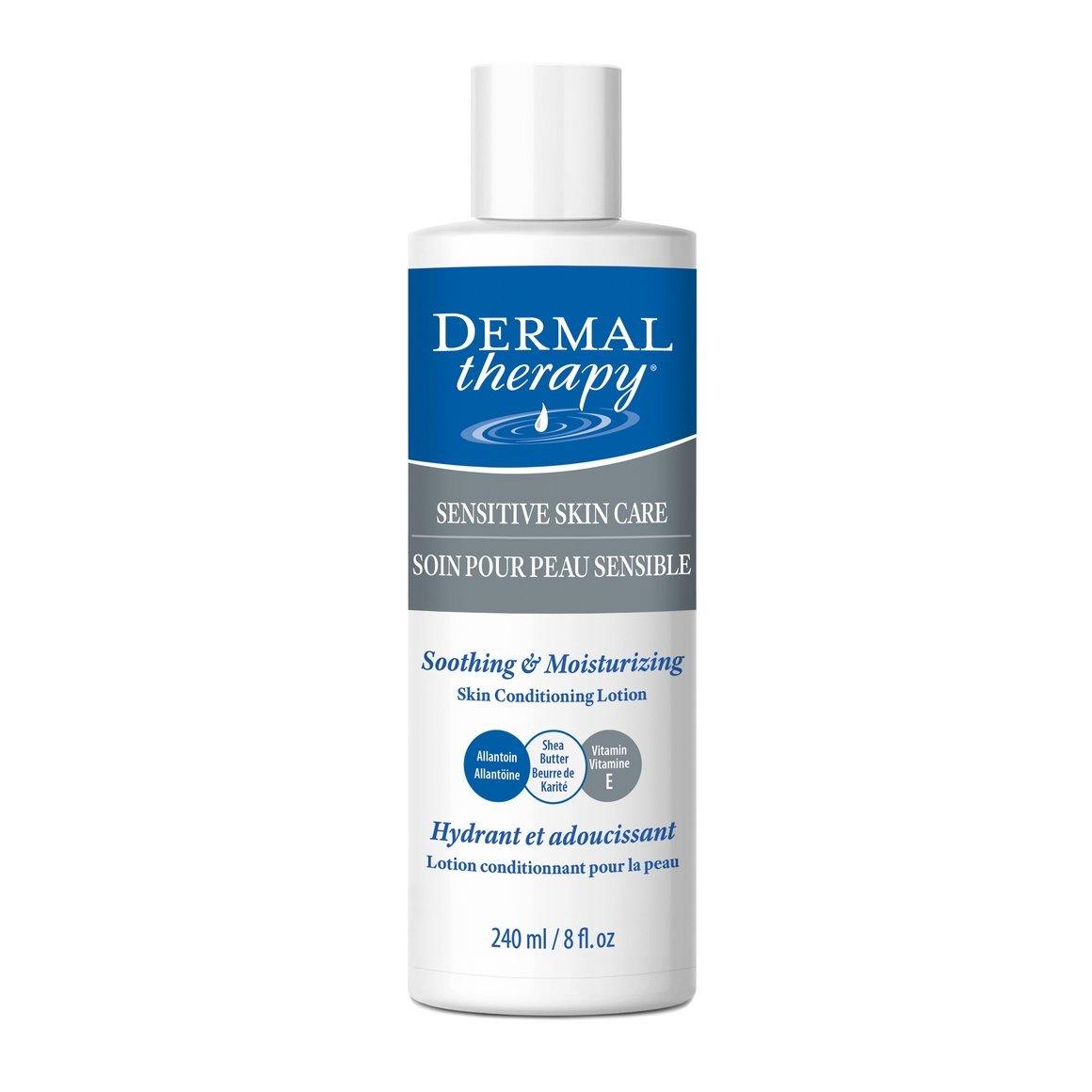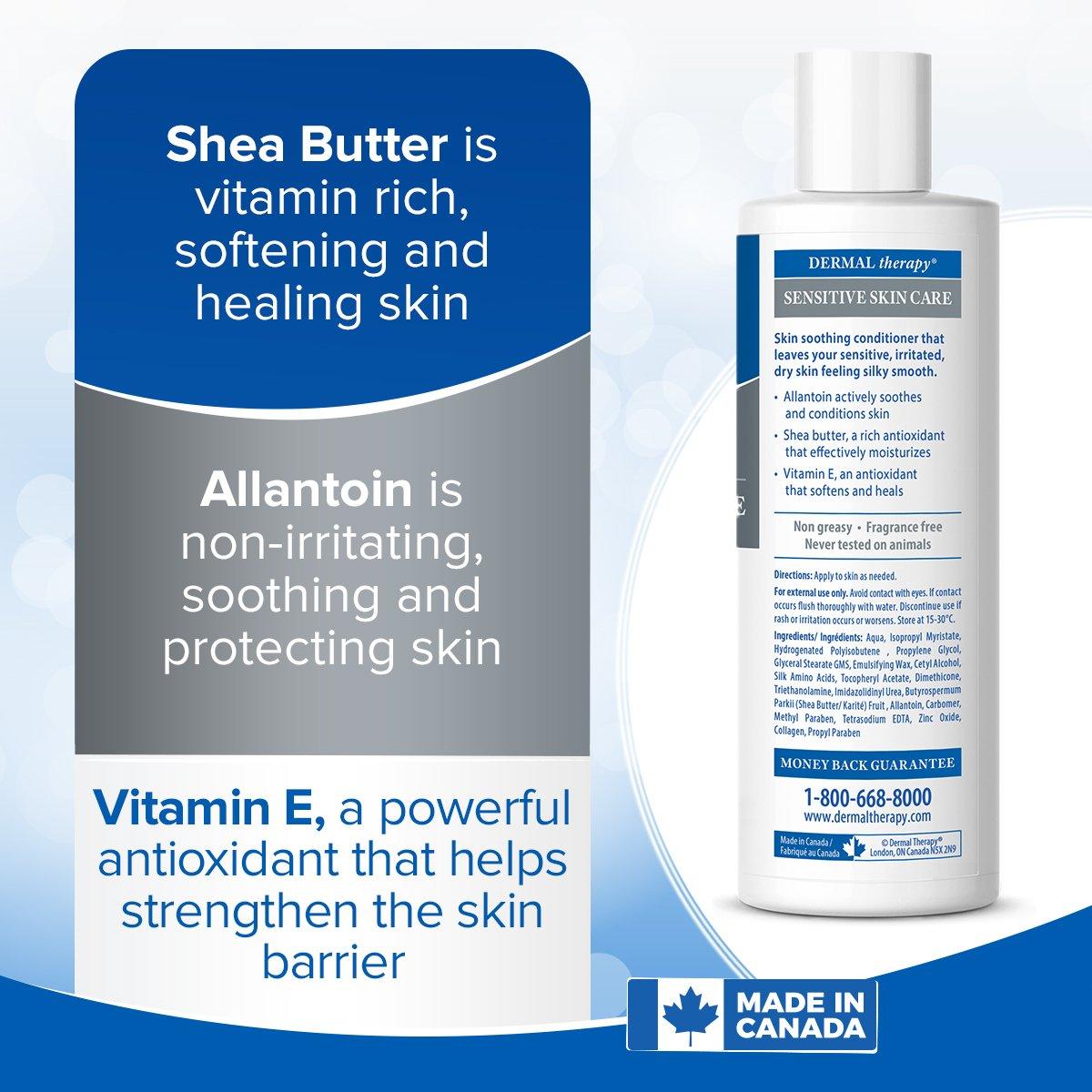
The entire line of Dermal Therapy moisturizers will offer relief and help keep your skin healthy.
Any parent of a child with Down Syndrome knows that irritating skin conditions come with the territory. The list of skin conditions includes, but is not limited to, the following:
- Dry skin (xerosis)
- Eczema or atopic dermatitis
- Psoriasis
- Acne
- Angular cheilitis (rashes, including those around the mouth)
- Foot and toenail fungus
- Hidradenitis suppurativa
- Alopecia areata
- Vitiligo
- Folliculitis
Treating the above skin conditions may require some custom skin care advice from your doctor. That said, according to Dr. Patricia Treadwell, using moisturizers helps “serve as barriers to evaporation (loss of water from the skin).”
Ideally, skin needs to absorb water first. Taking a short bath or shower with warm water and a mild cleanser is the best for those who suffer from dry skin, whether related to psoriasis, eczema, or the weather.
Once the skin has had a chance to absorb water, you want to lock in the moisture by applying your preferred moisturizer to the wet skin. Those with Down Syndrome skin conditions can feel better using moisturizers regularly as part of their personal care routine.
If you’d like to know more about a specific condition on our list above, we invite you to read more about them on our website. While we have personal care products available to treat a variety of conditions, we always advise those with Down Syndrome skin conditions to talk to a dermatologist.
Dermal Therapy Barrier Protection Lotion
With 10% urea and silk proteins, this protection lotion forms a resistant barrier on the skin’s surface. Urea helps lock in moisture, letting the skin retain moisture better and helping to prevent severe dry, itchy skin.
Dermal Therapy Sensitive Skin Care
We know that little ones with Down Syndrome who are suffering from dry, red, itchy patches, need a personal care moisturizer that won’t further irritate their skin. Particularly because their strong will makes it hard to convince them to use something if the relief isn’t instant.
It’s non-greasy, fortified with vitamin E and shea butter, and made to make those who suffer from xerosis or eczema, feel taken care of – without the sting.

